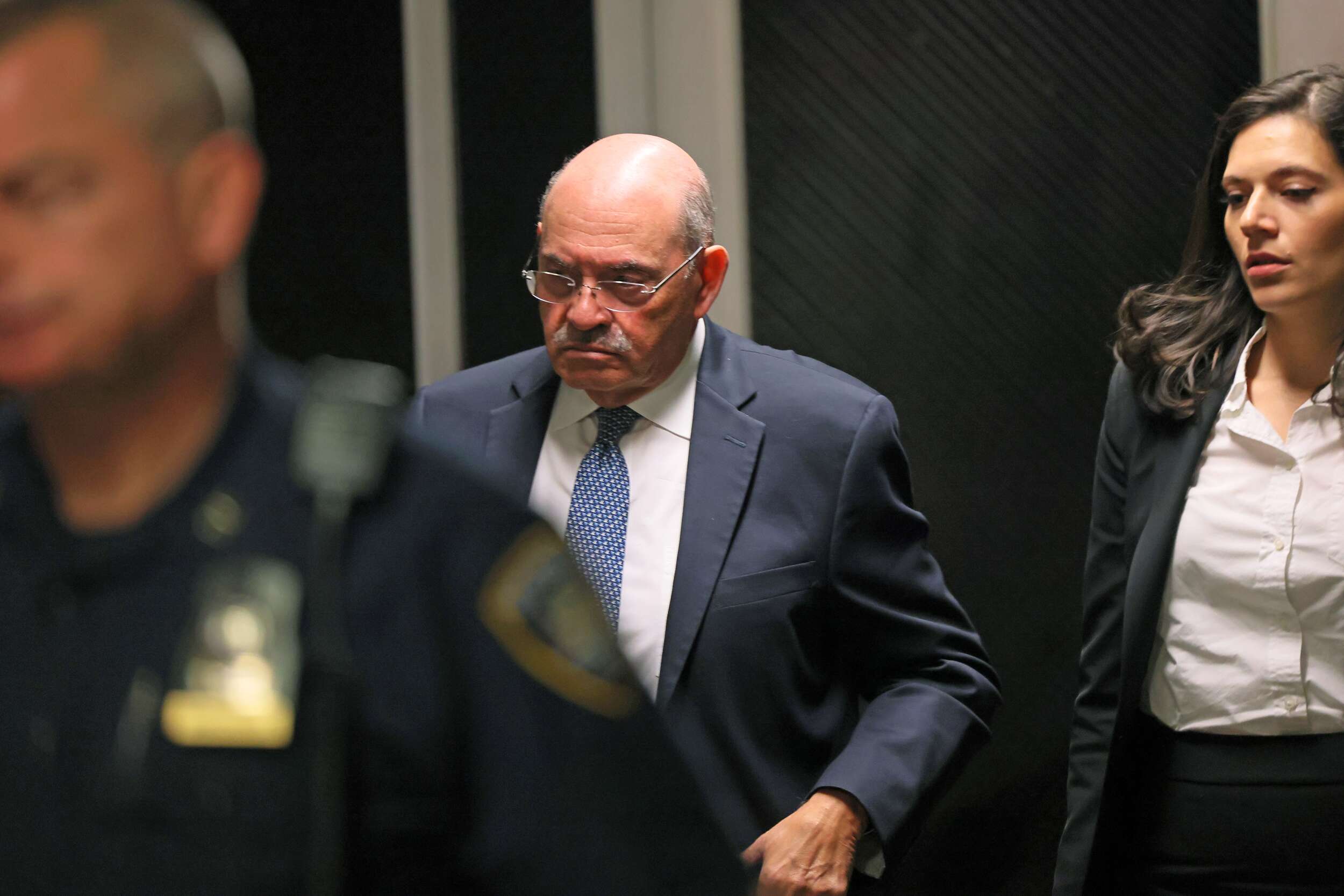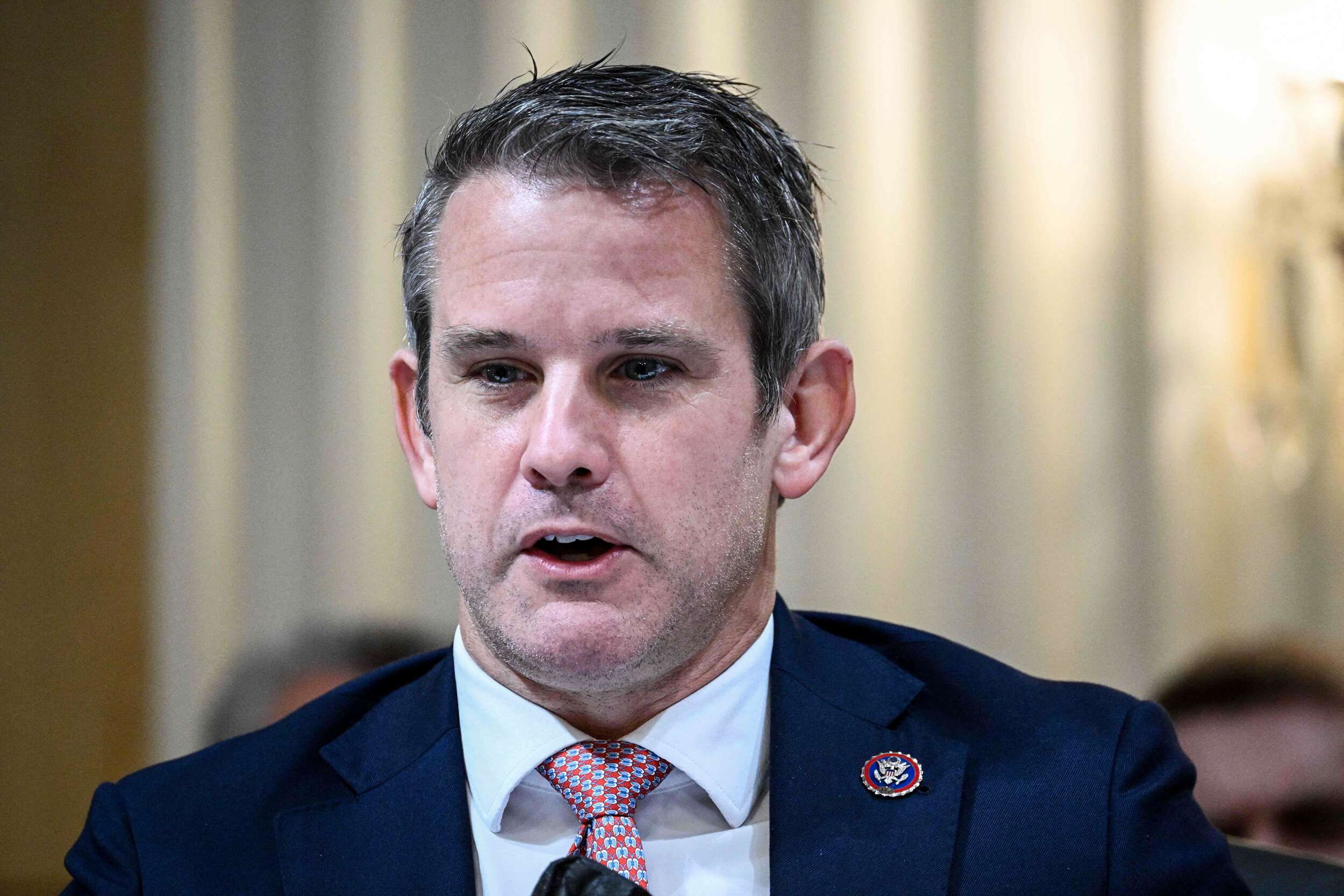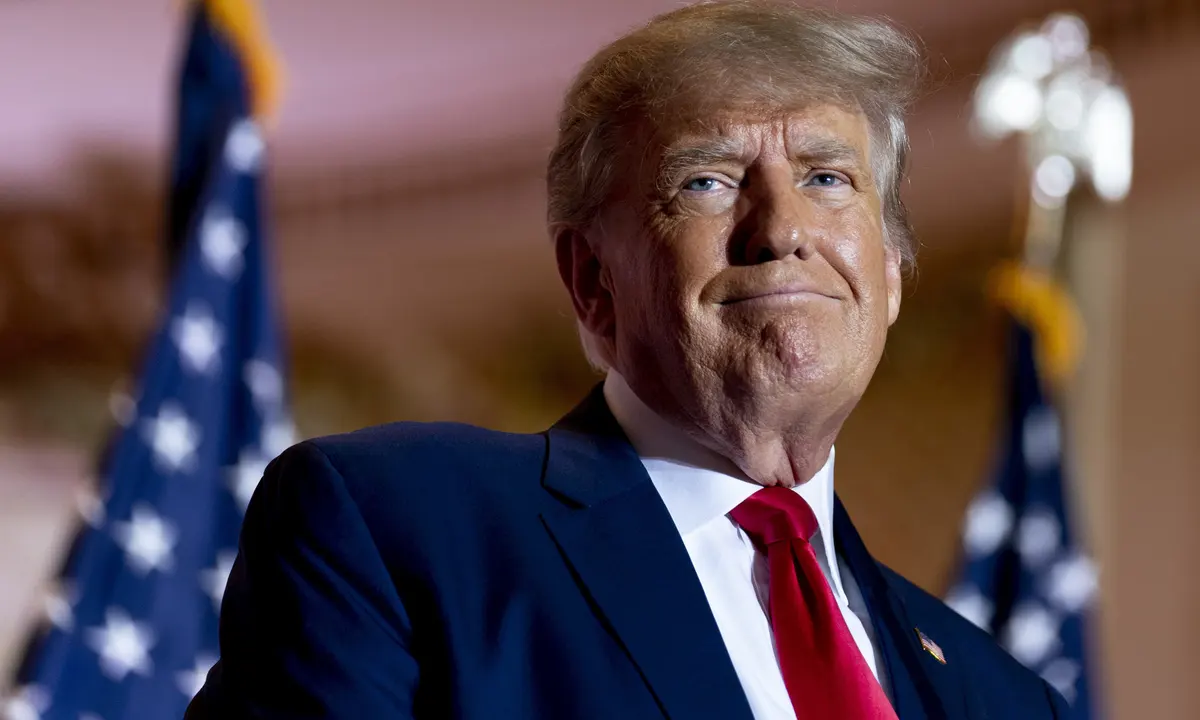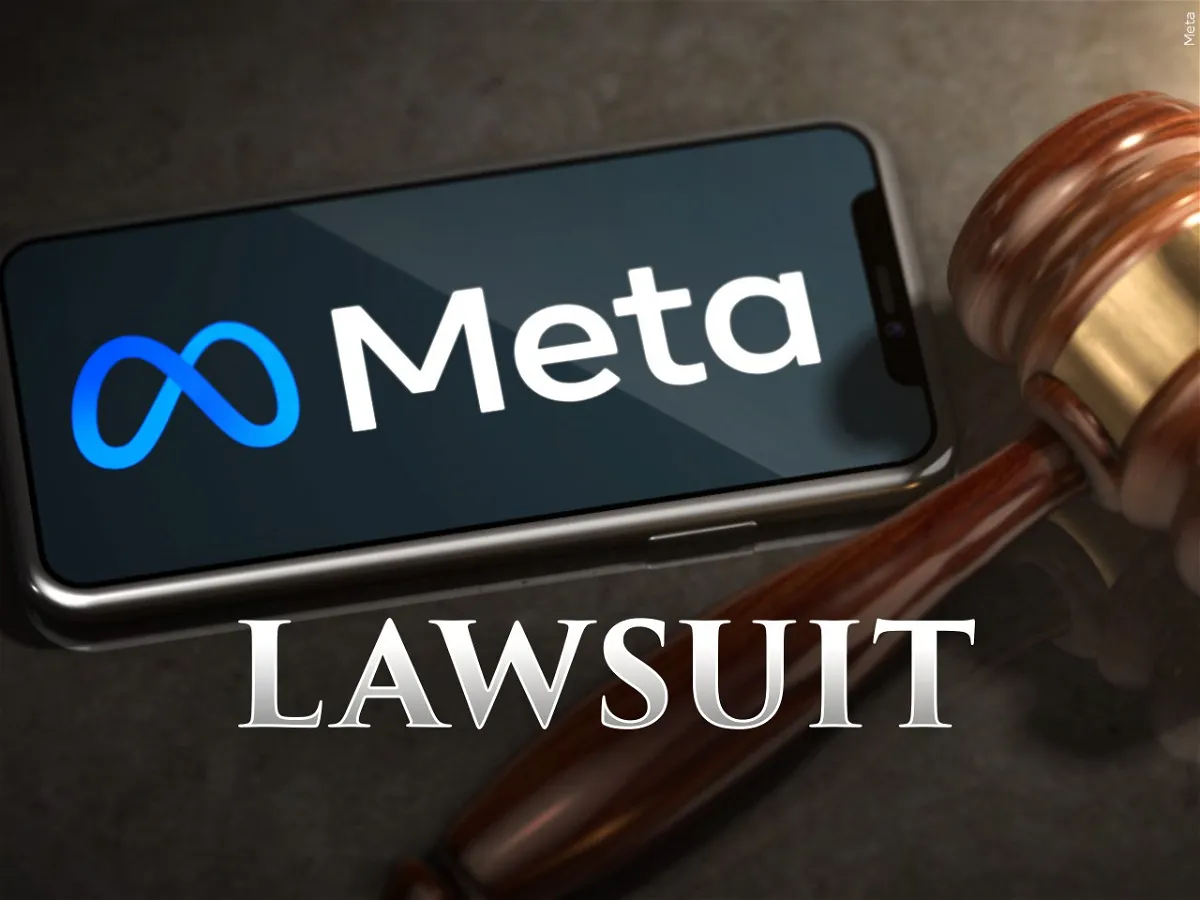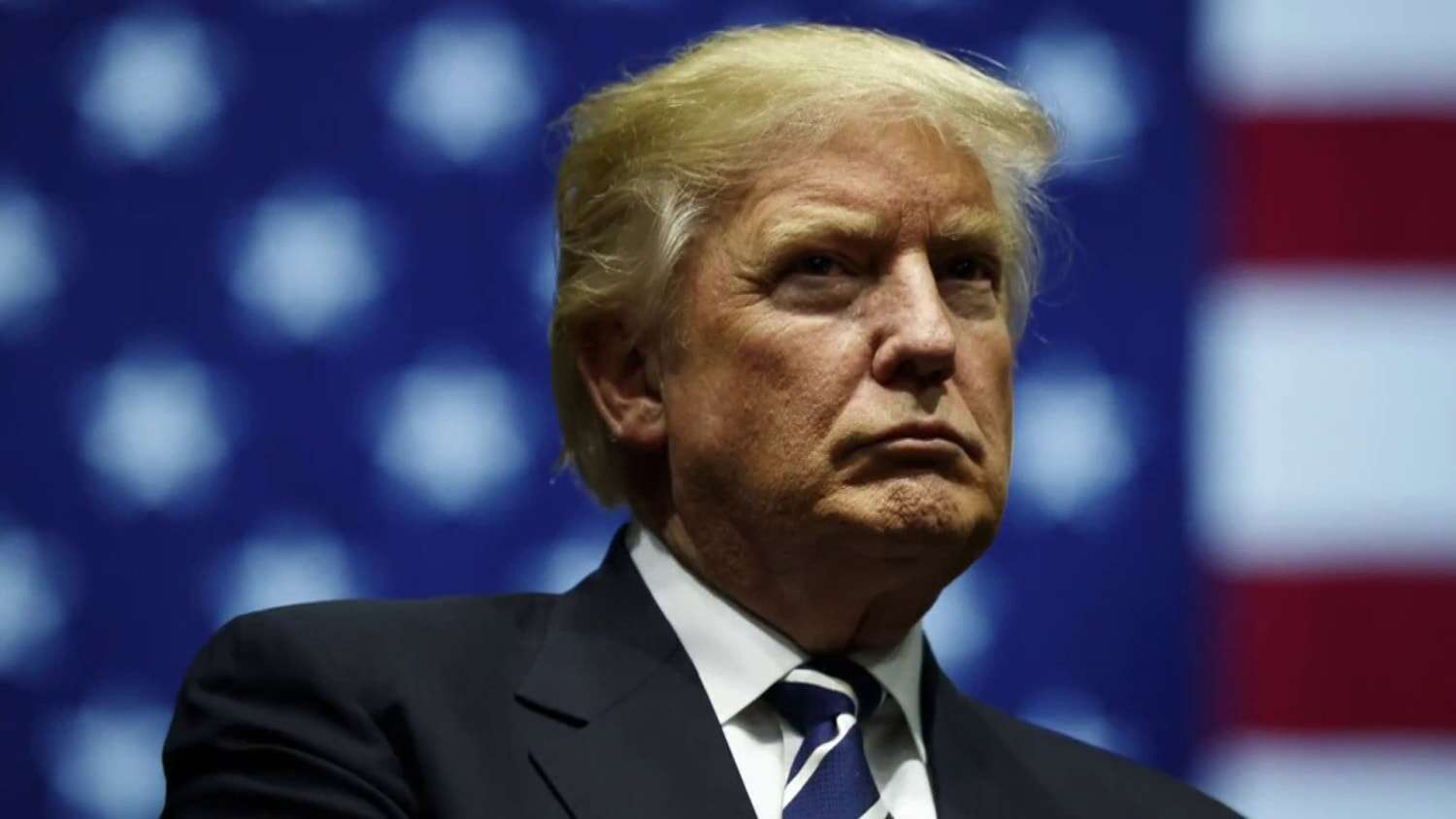Three weeks after announcing his third presidential bid, former President Donald Trump‘s namesake real estate firm was convicted guilty of felony tax fraud by a Manhattan jury.
The two Trump Organization corporations were found guilty on all counts, including conspiracy, criminal tax fraud, fabricating business records, and scheme to defraud, the jury.
The two organizations, the Trump Corporation and the Trump Payroll Corporation were charged with treating some executives as independent contractors rather than full-time workers and covering some of their personal costs without disclosing them as income. Each organization was accused of conspiring, falsifying business records, criminal tax fraud, and scheming to defraud.
The maximum fines for the felonies are $1.7 million. But for Trump, who is running for president for a second time, the unintended repercussions of a conviction might matter more. If their internal standards forbid doing business with convicts, banks could call in loans and business partners could renege on commitments.
The trial also uncovered potentially embarrassing information about Trump, such as the fact that he reported operating losses totalling almost $1 billion over two years, from 2009 to 2010, as well as losses every year for ten years, from 2009 to 2018 — some of which coincided with the years when Trump bragged about his business savvy on reality television and during his presidential campaign.
Because Allen Weisselberg’s actions benefited the Trump Organization and because of the trust placed in him by his position as CFO, the prosecution considered that the Trump Organization was responsible.
Weisselberg admitted guilt in August to charges that he avoided taxes on nearly $2 million in company-provided benefits, including the rent on his Manhattan apartment, the leases on cars for himself and his wife, and tuition for his grandchildren. As part of the plea agreement, Weisselberg provided testimony.
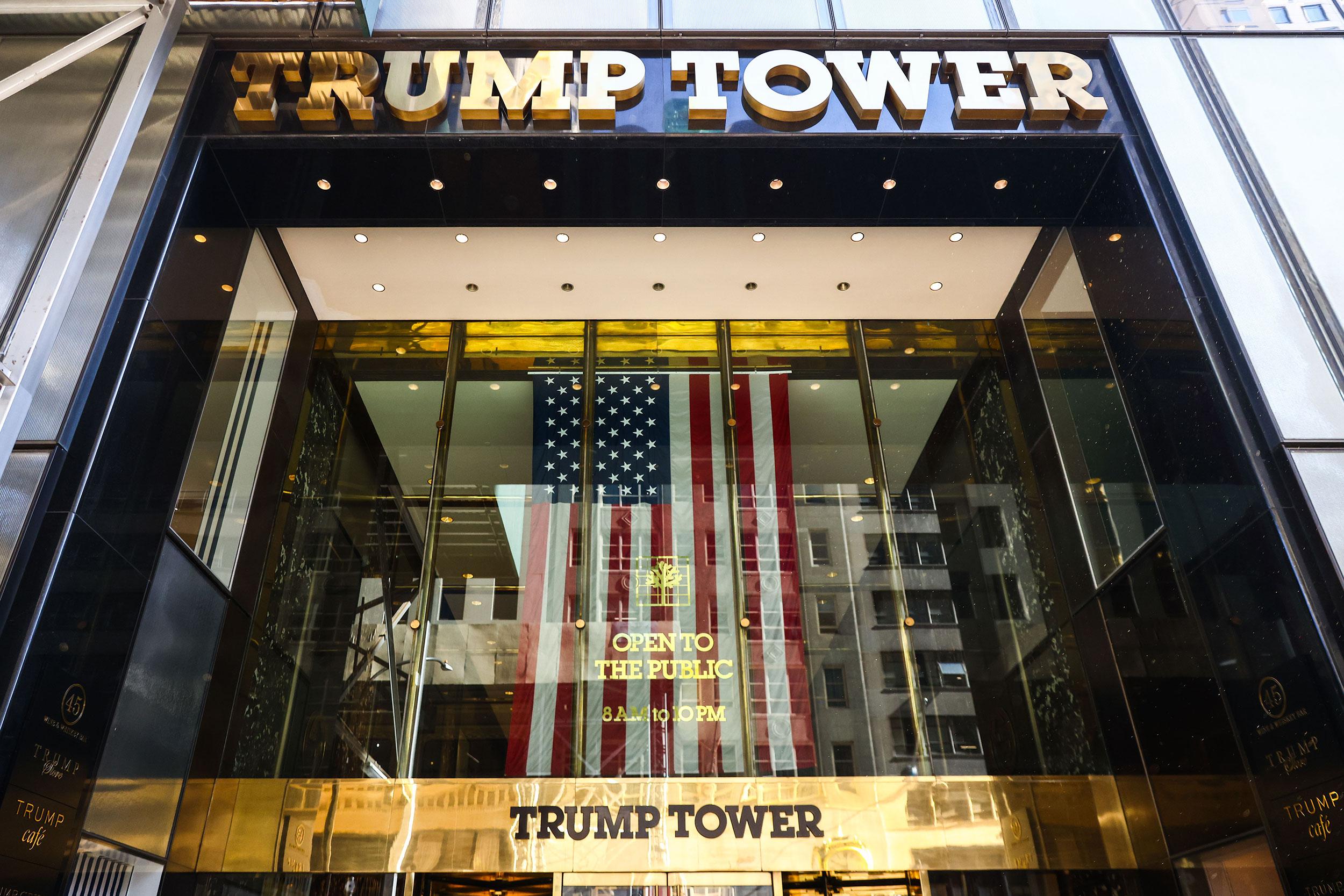
After the decision, the Trump Organization released the following statement to ABC News: “Mr Weisselberg testified under oath that he ‘betrayed’ the trust the company had placed in him and that he, at all times, acted ‘solely’ for his ‘own personal gain’ and out of his ‘own personal greed’. The notion that a company could be held responsible for an employee’s actions, to benefit themselves, on their own personal tax returns is simply preposterous.”
In his testimony at trial, Weisselberg claimed that he decreased his reported salary by the total amount of the personal costs that the firm paid for and that this resulted in lower payroll taxes for the employer. Additionally, he admitted that his main motivation was greed.
However, the prosecution contended that Weisselberg’s tax evasion benefited the Trump Organization.
Trump was not a defendant in the case, but his name was used frequently, and the jury was shown checks and memos that he had signed.
The previous president has stated publicly that he did nothing illegal.
In an effort to demonstrate that Trump was unaware of the fraud being committed by his top officials, defence attorneys questioned witnesses about the tax scheme that his company was accused of committing nearly 60 times.
In his closing remarks on behalf of the defence, Michael van der Veen stated that the jury “heard no evidence in this case that Mr Trump or any of his children were aware of anything unlawful.”
Prosecutors, however, argued that when Trump approved a portion of the plot, he specifically approved tax fraud.
“This whole narrative that Donald Trump is blissfully ignorant is just not true,” assistant district attorney Josh Steinglass said during his closing statement.


